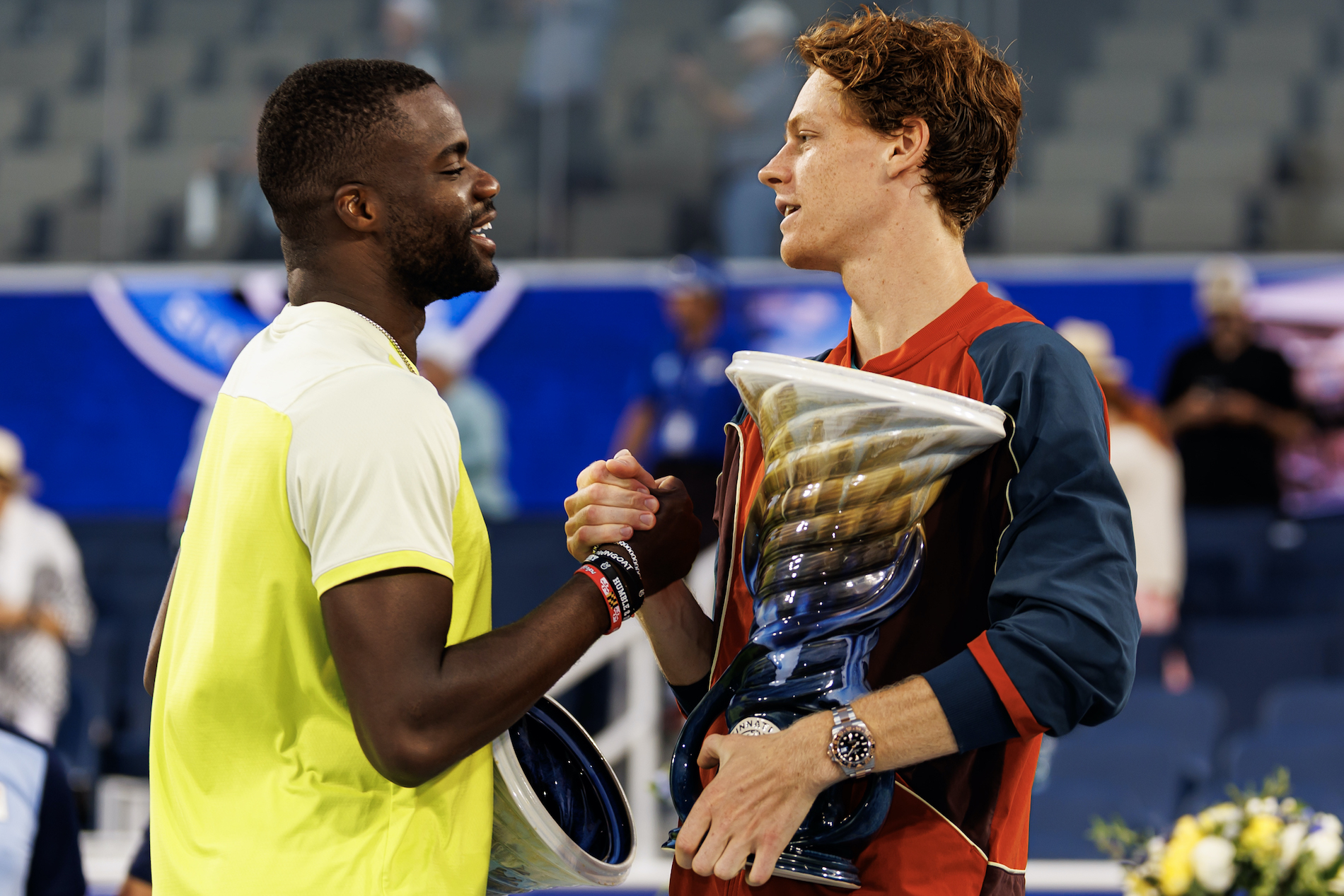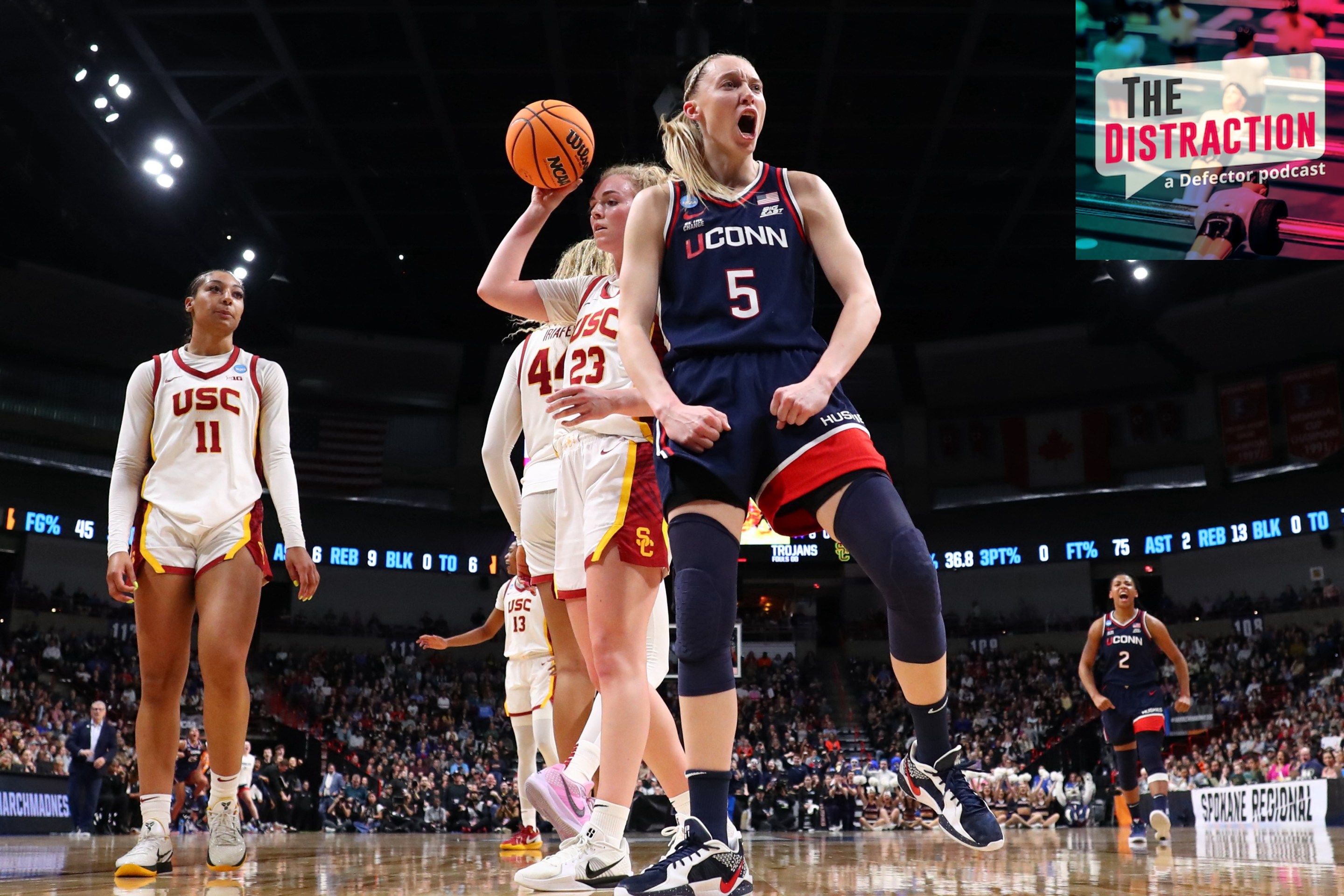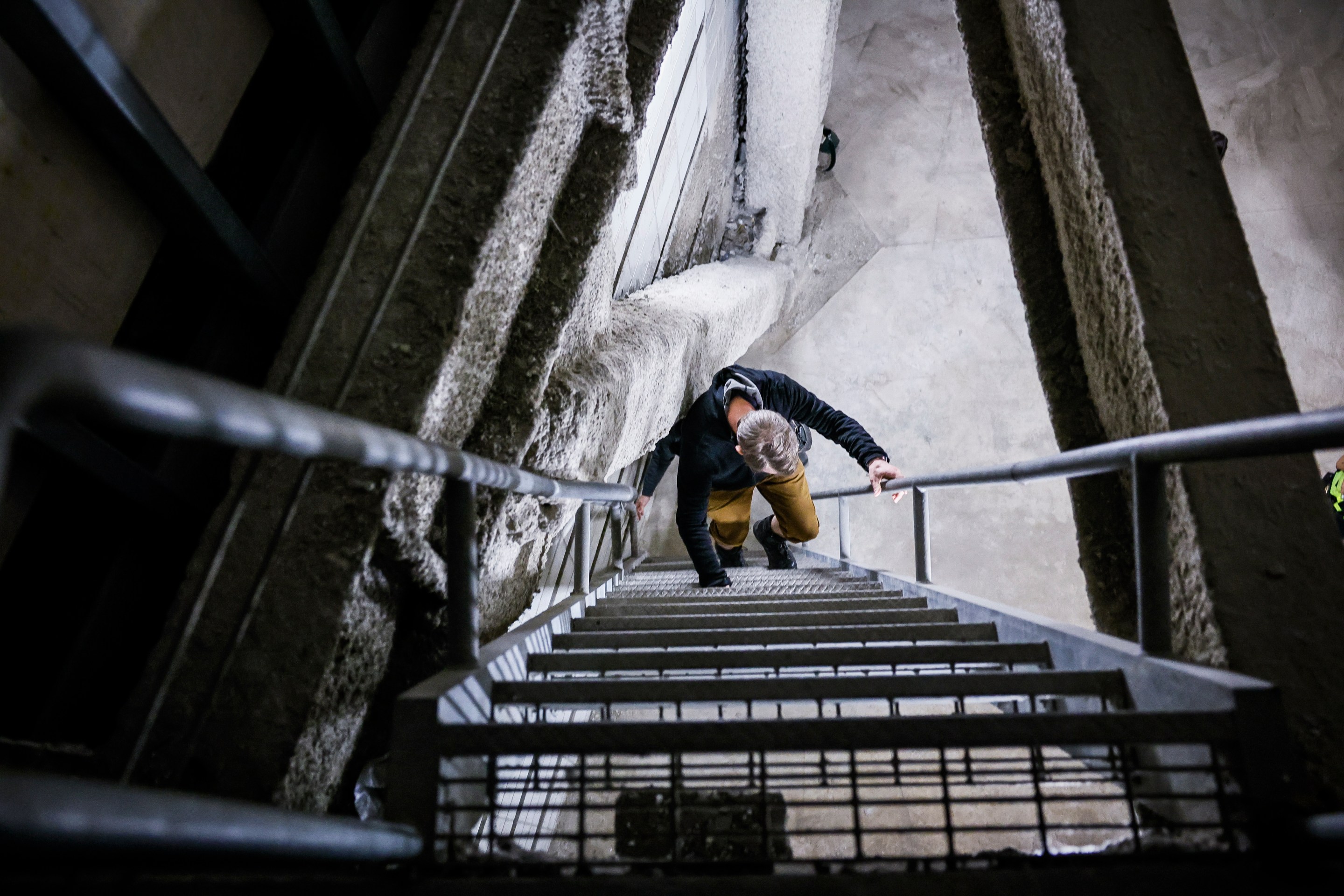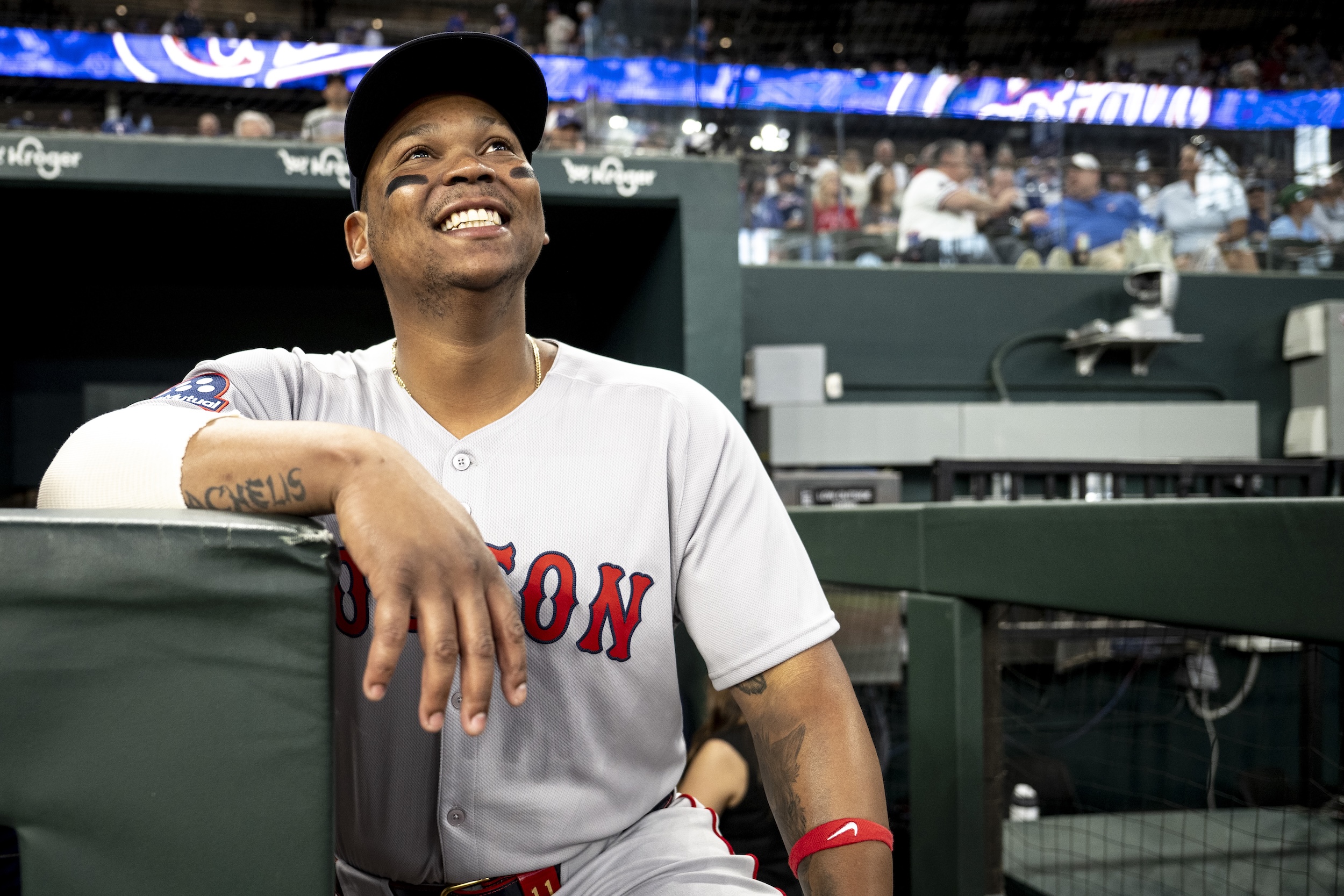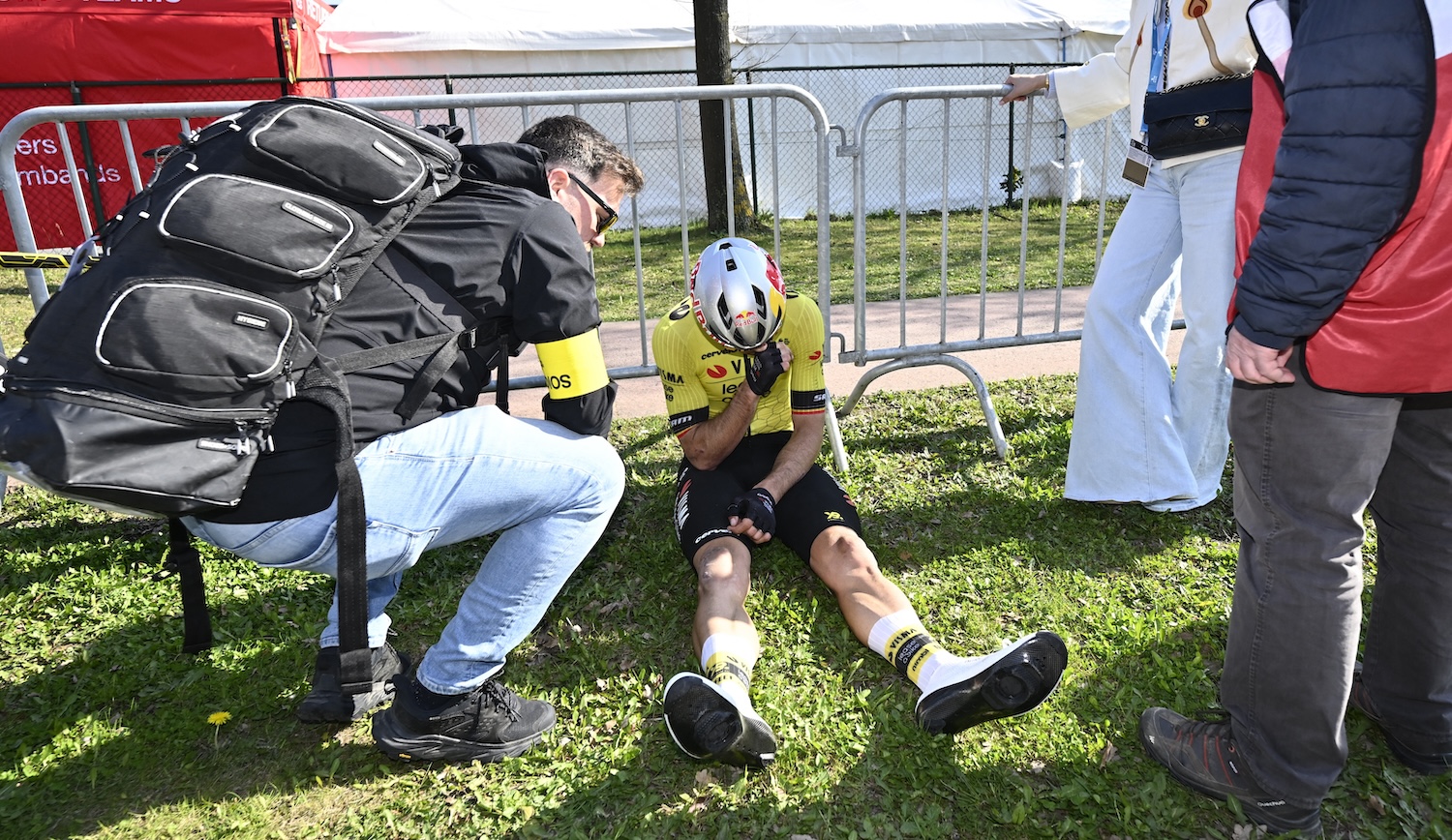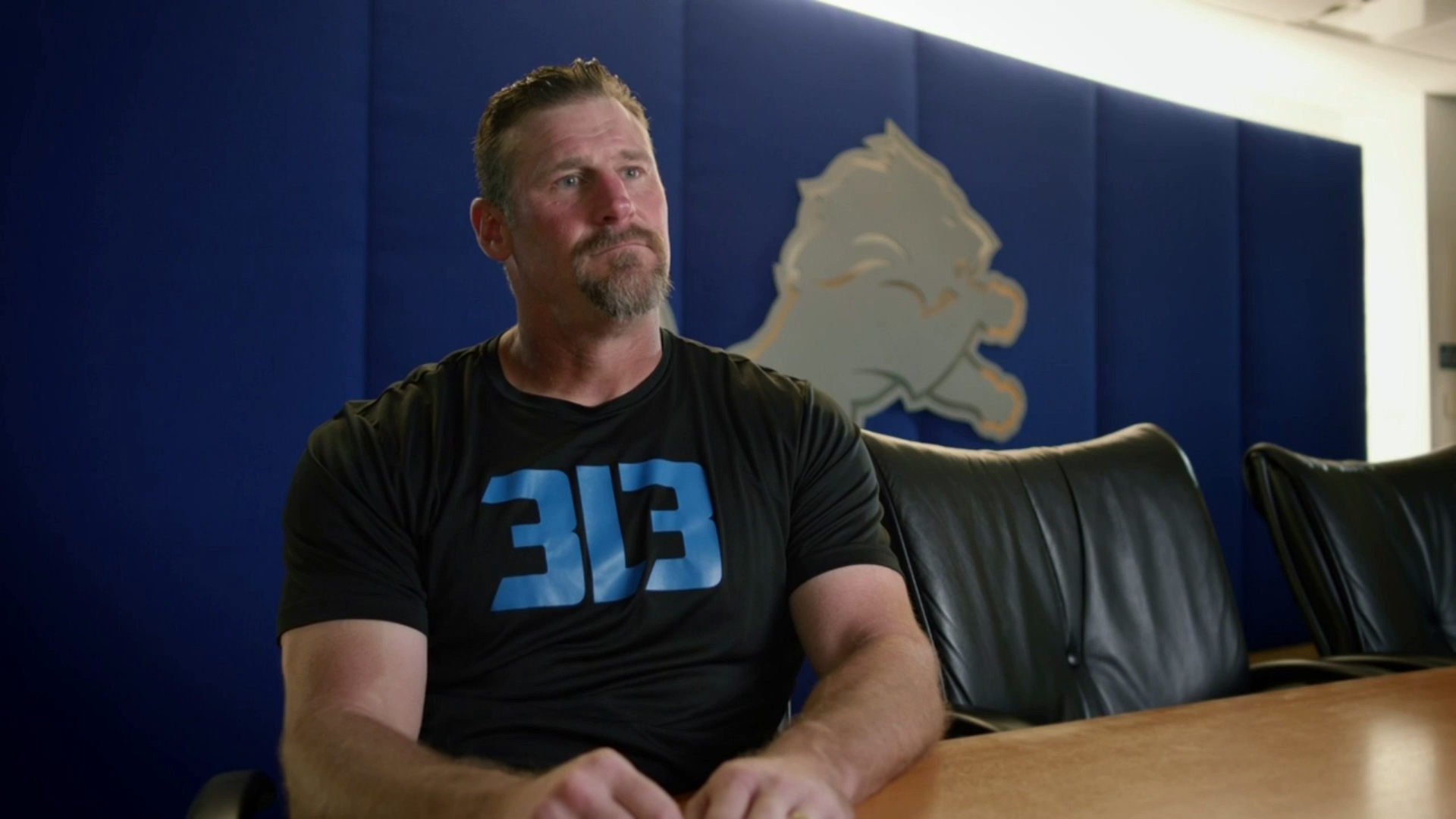CINCINNATI — After a few months of touring through locales like Monte-Carlo, Madrid, Rome, Paris, and London, at least one tennis player was vocally thrilled to find himself in a sedate suburb of Cincinnati. Frances Tiafoe comes to life when he steps foot on a U.S. hard court in August. Safely ensconced in the embrace of home crowds and the humid stink of American summer, he seems to remember what he liked about this brutal game in the first place. A joyful player by disposition, Tiafoe spent much of this year as a woeful one, and over the course of six days I watched him shake out of a long funk and tune himself up to max brilliance.
Before crossing into the path of the No. 1 men's player in the world, Tiafoe eliminated a series of top-shelf opponents in complicated matches. Throughout the ups and downs of his career, he has managed to put together these sporadic “proof of concept” tournaments, each one a testament to how good he can be when he locks in and lets his talent shine. This was arguably the most convincing such case yet; he had never before been alive on the last day of a 1000-level tournament, and he’d done it in style. Even after losing a relatively straightforward final on Monday to top seed Jannik Sinner, 7-6(4), 6-2, and collecting the runner-up vase, Tiafoe described this as the best week of his career. Having witnessed it, I can see why.
These tournaments are odd emotional landscapes. Every day, half the field loses. Those losers skip town, off to the next stop on tour. Those still alive in the tournament walk back onto the grounds each day a little more beat up, but also a little more sure of their gifts. Their physical and psychological resources are reallocated with each round of play. This week in particular, Cincinnati was a crucible. A single match could contain all of the following: pulverizing 87 degree heat, a sun shower that suspends play, and gusts that made it an ordeal to even toss a ball for serves, all while playing on some of the fastest, slickest hard courts in the world. These conditions conspired to produce lots of ugly tennis this past week, and it wasn't a natural place for a struggling player to find some rhythm, but that's precisely what Tiafoe managed to do. He has always been susceptible to his environment; here, he managed to play his highest-quality tennis in high-leverage moments.
When I spoke to Tiafoe immediately after his second-round win over Lorenzo Musetti, one of the summer’s most in-form players, he had just hit the sport’s first-ever “too small" celebration, and his self-belief was clearly rising to levels that could kill most humans. There was a sense that he could go deep in this tournament, but I was more impressed by the means in which he did so. In his next match Tiafoe took out Jiri Lehecka, a musclebound rising star with a super-solid baseline game, in a three-setter that wound down at 1:00 a.m. He caught a brief respite in the quarterfinal, as the dangerous Hubi Hurkacz had to retire after one set due to a calf injury, but then Tiafoe was tossed right back into the fire in the semifinal, where he dispatched Holger Rune with the comeback of the week.
Tiafoe lost a tight first set, rolled through the second set, and then spent almost the entire third set down a break of serve. Each chance to break back slipped through his fingers. As Rune served for the match, with no more time to spare, Tiafoe sprung back and pushed the match to a deciding tiebreak. It was a win defined by both fortitude and fortune—Tiafoe caught two late-match blessings from the net cord, including one on a Rune match point—and he said after the match that he interpreted those lucky net bounces as signs. Afterward, he signed the camera, “Why not me?”
These were scrappy matches, seized with a few moments of ingenious execution under pressure, and after these late-night triumphs, you could see Tiafoe's team bouncing around the grounds, greeting fans, high off the momentum. Hanging around a whole tournament, I could feel their collective happiness accumulating over the course of a week, and came to understand the virtuous cycle that keeps a good feeling alive in this sport.
After the tournament, Tiafoe said it was these wins that stood out to him most: the toss-up “50-50 matches” against other strong players, rather than those against the absolute top players like Sinner or Carlos Alcaraz. Tiafoe has a decent history of pushing himself to the limit against the superstars. After all, it was a five-set loss to Alcaraz at Wimbledon that put the spark back in his tennis after several months of malaise. It appears to have ended his cycle of “losing to clowns,” as he put it at the time. This season Tiafoe has indeed lost to 11 players outside the top 50, but after and including that Alcaraz match, he has mostly lost to a tournament’s eventual champions, an observation he repeated several times over the course of this week.
In his downswings, Tiafoe tends to lose a lot of those toss-up matches. He described his past few months of bad play as the product of a few different things: losing gratitude for the game, heavy expectations from outside and from within, a few months of frequent coaching turnover. But he said he's focused on making things simple again, doing what needs to be done to win the next match. In the past month he has been working with David Witt, which looks to be a fruitful collaboration so far. During the Rune match, Witt memorably told Tiafoe to toss the ball a little higher when he was struggling in the wind against Rune, and that tip paid off immediately with a barrage of big first serves.
There’s no style of coaching yet invented, though, that can reliably push Tiafoe past the best player in the world, and Monday’s final proved that point. When the American is landing his first serves, backing it up with heavy forehands, and mixing in a few finesse shots to keep foes off kilter, he's a threat to beat any player on tour. But the Jannik Sinner of 2024, who now has a 48-5 record on the season, is an exception to that and nearly any other rule. Asked what makes Sinner so tough, Tiafoe first said, “Ask everyone else on the tour—motherfucker can’t lose.” But he elaborated with a description that lined up with my own observations of the match: “He moves so well, and average pace of balls is big, and he has great depth. So you feel like you gotta overplay to match his medium.”
The defining image of this final was Sinner applying intense pressure while operating at a mild gear. Even setting aside the discrete bits of outlandish shotmaking, Sinner’s normal rally ball landed within a few feet of the baseline, with lots of pace, and Tiafoe had to overhit just to keep up. As soon as Sinner landed a single groundstroke with that signature uncanny pop, it guaranteed that Tiafoe would be running at full sprint for the rest of the point. Hanging with Sinner from the baseline for whole sets is not a sustainable ask for any player currently outside of the top five, and Tiafoe fought well in the first set before the world No. 1 began to look more like the player he was before hip issues slowed him this summer. No matter how gingerly Sinner might walk in between points, that same body is floating all over the court during those points, and producing weapons-grade racquet-head speed.
It was a match between a superstar and an aspirant still learning those rhythms. There’s some depth in the simple words that Tiafoe said to Sinner at the net during their handshake: “Fuck, man, you’re a good player,” he said. “I’m not used to playing as many matches as y’all do.” Tiafoe copped to some mental fatigue after this match, which is understandable. He’s not yet accustomed to the feeling of winning five matches in a week and having to go out and play a sixth against the top seed. That’s the rarefied lifestyle of players like Sinner and Alcaraz, who embark on deep runs nearly every tournament, recover, and do it again. Surely Tiafoe wants to get there, but for the moment, this remains a foreign experience on home soil. In any case, Cincinnati was good to him, and he's peaking at his favorite time of the year, as he reminded us in press: “If this is any indication of playing great tennis, it looks like the U.S. Open's gonna be a good one.”
